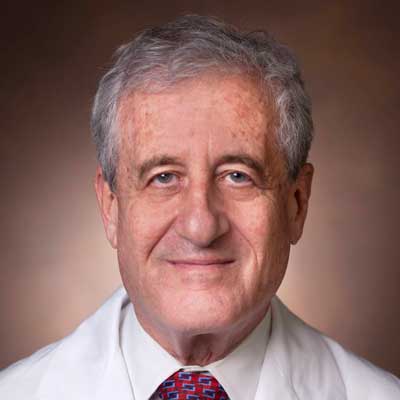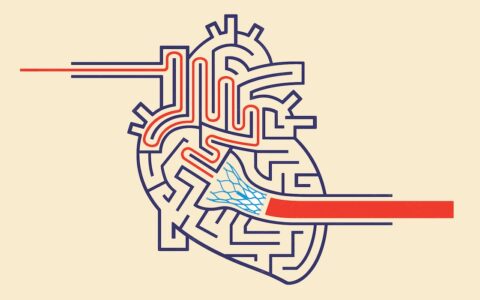Many unexplored gene variants found in minority populations still have unknown consequences due to the lack of relevant research data. A recent example of this is the cardiac sodium channel gene SCN5A.
Specific variants of SCN5A, common in African and Asian populations, have been associated with abnormal heart rhythms. The paradox is that these variants are so common it seems unlikely they would predispose people to serious disease.
Now, a research team led by Dan Roden, M.D., senior vice president for personalized medicine at Vanderbilt University Medical Center, has shed light on that paradox by identifying a compensatory mechanism that enables most carriers to have normal ECGs, but puts them at serious risk when drugs that can disarm that mechanism are prescribed. The study was published in Circulation.
“Common variants can predispose an individual to a serious adverse drug reaction.”
“Our work defines a novel pharmacogenetic mechanism whereby common variants can predispose an individual to a serious adverse drug reaction,” Roden said. “These findings also highlight the need to include ancestral diversity in genomic and pharmacogenomic studies.”
Intervals Offer Clue
Roden says there are repeated reports that SCN5A variant carriers can develop serious arrhythmias, including drug-induced ventricular tachycardia or sudden infant death syndrome.
The SCN5A class of variants causes a late sodium current, he explained, so the logical conclusion would be that carriers have a longer QT interval that predisposes them to these risks. However, when Roden and his team investigated this in 1,479 African American participants via BioVU, Vanderbilt’s DNA biobank, variant carriers had the same QT intervals as non-carriers.
“We then decided to probe why variants that should have been pathologic were benign to begin with, and then why they can become pathologic.”
“We then decided to probe why variants that should have been pathologic were benign to begin with, and then why they can become pathologic,” he said.
Zooming in on Two Variants
To do this, the group studied two SCN5A variants: S1103Y, which is found in 8.1 percent of Americans with African ancestry, and R1193Q, which is found in 6.1 percent of people from East Asia. Both are rarely found in other ancestries.
To describe the mechanism for each variant’s influence on heart rhythm, Roden and his team studied heart cells generated from human induced pluripotent stem cells, and used DNA editing to introduce the variants. They also did the reverse, changing the variants back to normal in cells from carriers.
The results were consistent. No matter whether the cells got the variants naturally or by DNA editing, they all exhibited a pathologic “late” sodium current, Roden said. Yet, action-potential durations (the cellular correlate of QT) were no different from those in non-carrier cells.
Late Potassium to the Rescue
“We were surprised that the late sodium didn’t prolong QT or action potentials, so we decided to look at other currents in these cells,” he said. “That’s when we struck gold. We found that an important potassium current called IKr was strikingly increased, about two-fold, in the patients with the variants. That explains how the QT intervals and action potentials are kept normal.”
Many drugs in clinical use can block IKr, and as a result they prolong QT intervals. That effect is usually modest, but in some patients can be very exaggerated and lead to abnormal heart rhythms, Roden explained.
“We exposed our heart cells to dofetilide, a powerful IKr blocker that causes abnormal heart rhythms in one to two percent of patients. The concentration needed to prolong action potentials and to create abnormal beating was about 100 times lower in cells with the S1103Y or R1193Q variants, compared to cells without a variant.”
This explains why these variants confer little or no discernable phenotype at baseline but can predispose to exaggerated QT prolongation and arrhythmias with drug exposure.
“Proceed with Caution” Drug List
Drugs like dofetilide that can cause this effect are, paradoxically, often used to regulate abnormal heart rhythms. However, many other classes of drugs can block IKr. These include, for example, some antibiotics, antipsychotics and anticancer drugs.
The list includes hydroxychloroquine, which was tested in the COVID-19 pandemic. Roden says the data suggest that patients carrying the genetic variants S1103Y or R1193Q may be at increased risk for serious arrhythmias during treatment with this medication.
Roden’s team is currently working on understanding how cells increase IKr when the SCN5A variants are present by studying cells from patients who have had abnormal heart rhythms. The researchers are also identifying other genetic variants that seem to predispose people to drug-induced arrhythmias.




